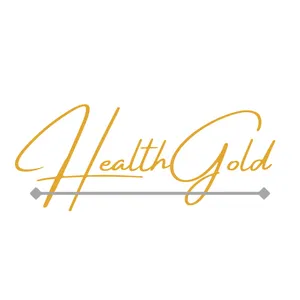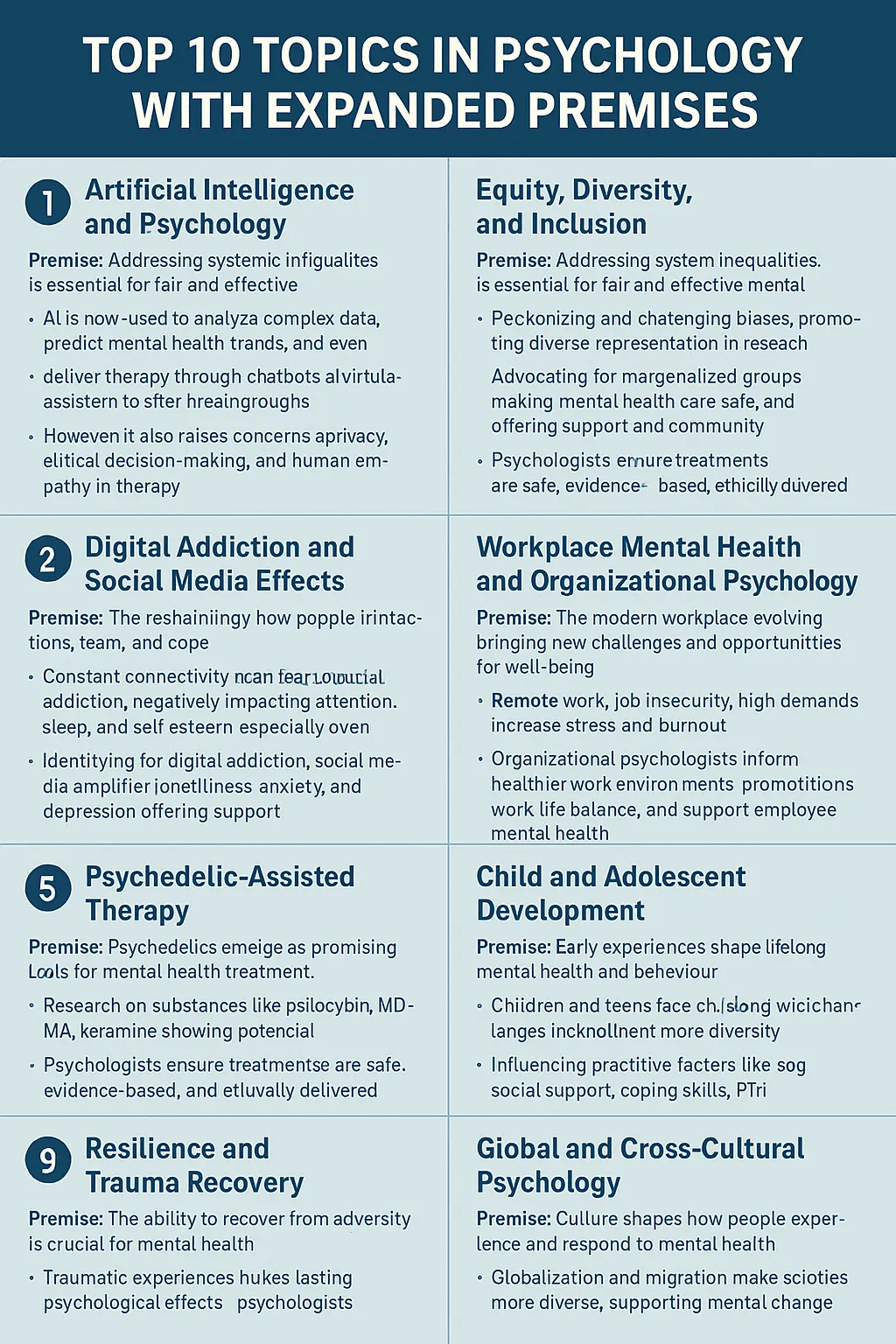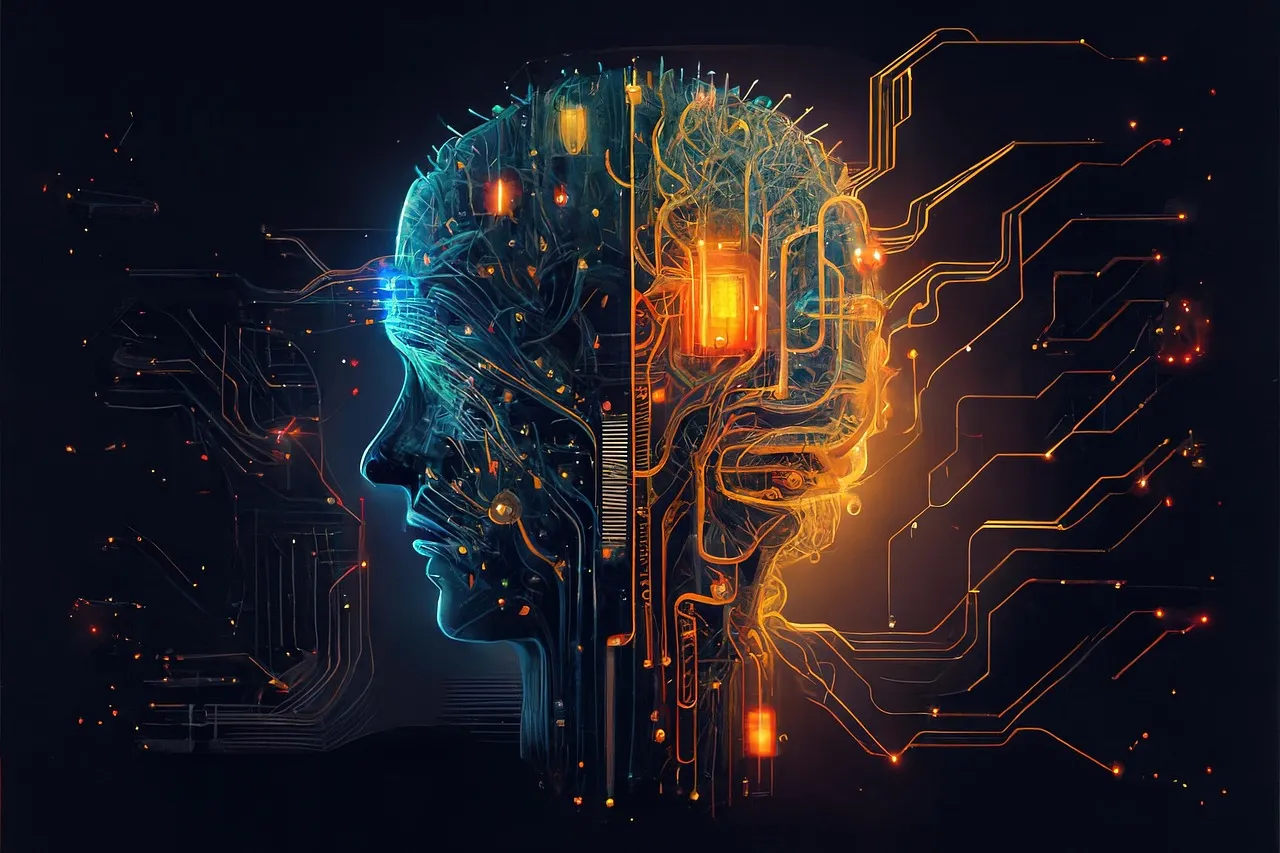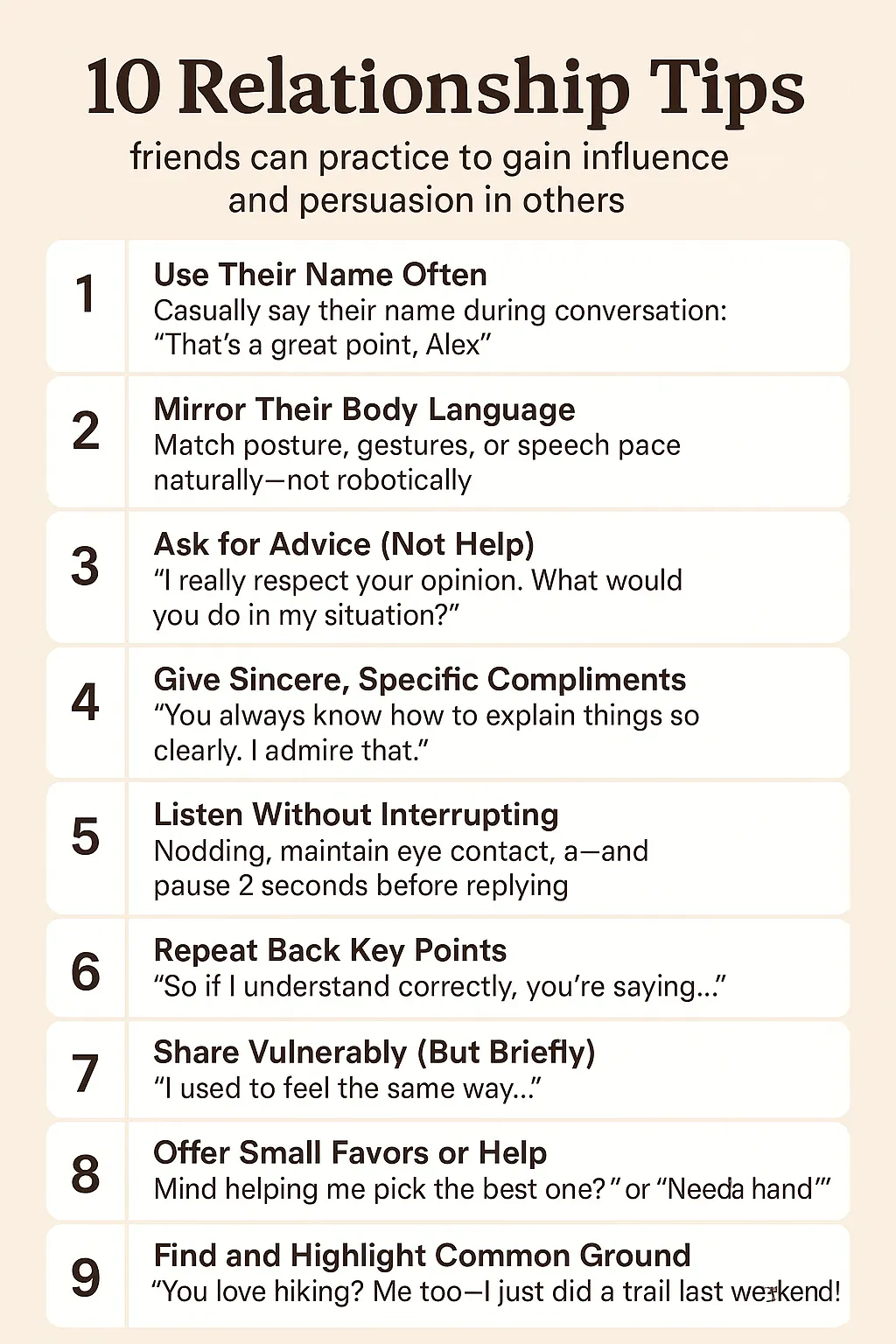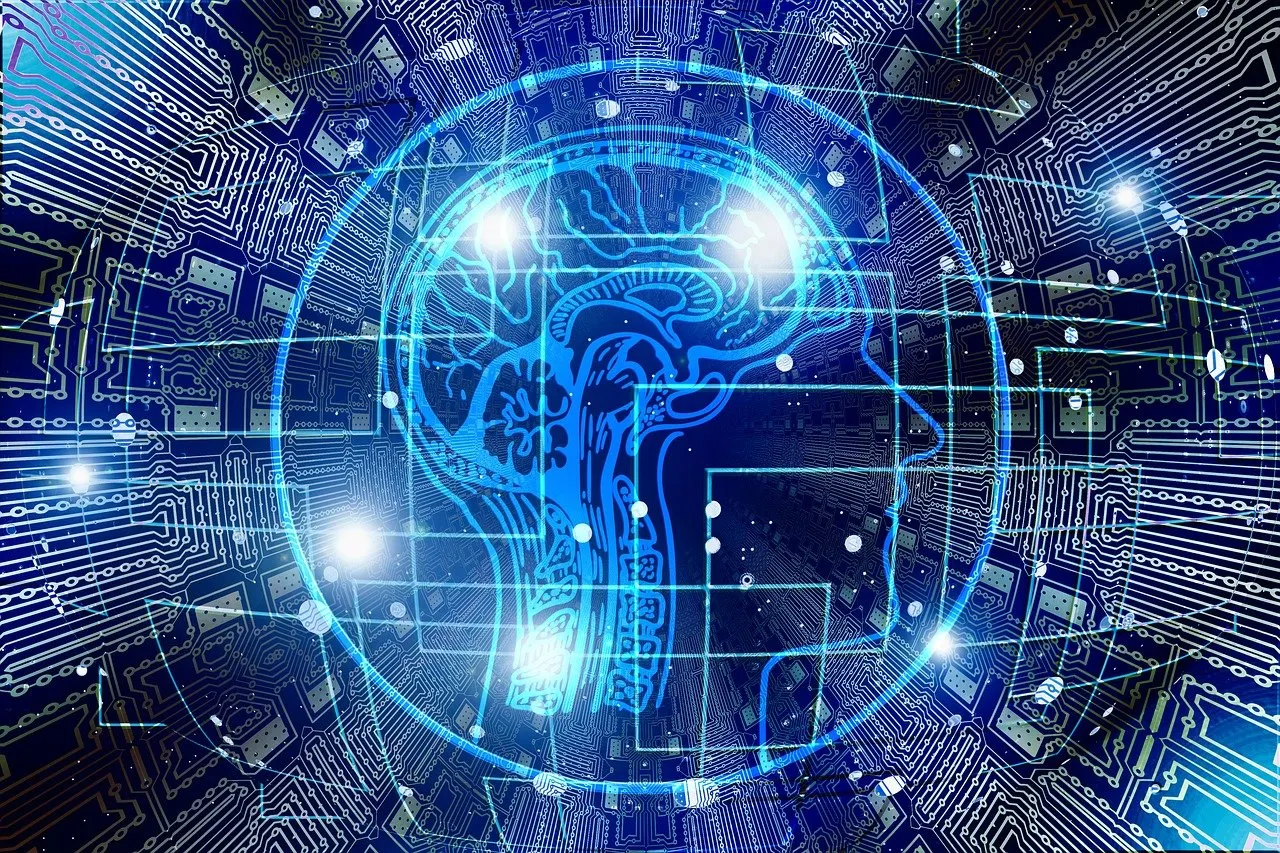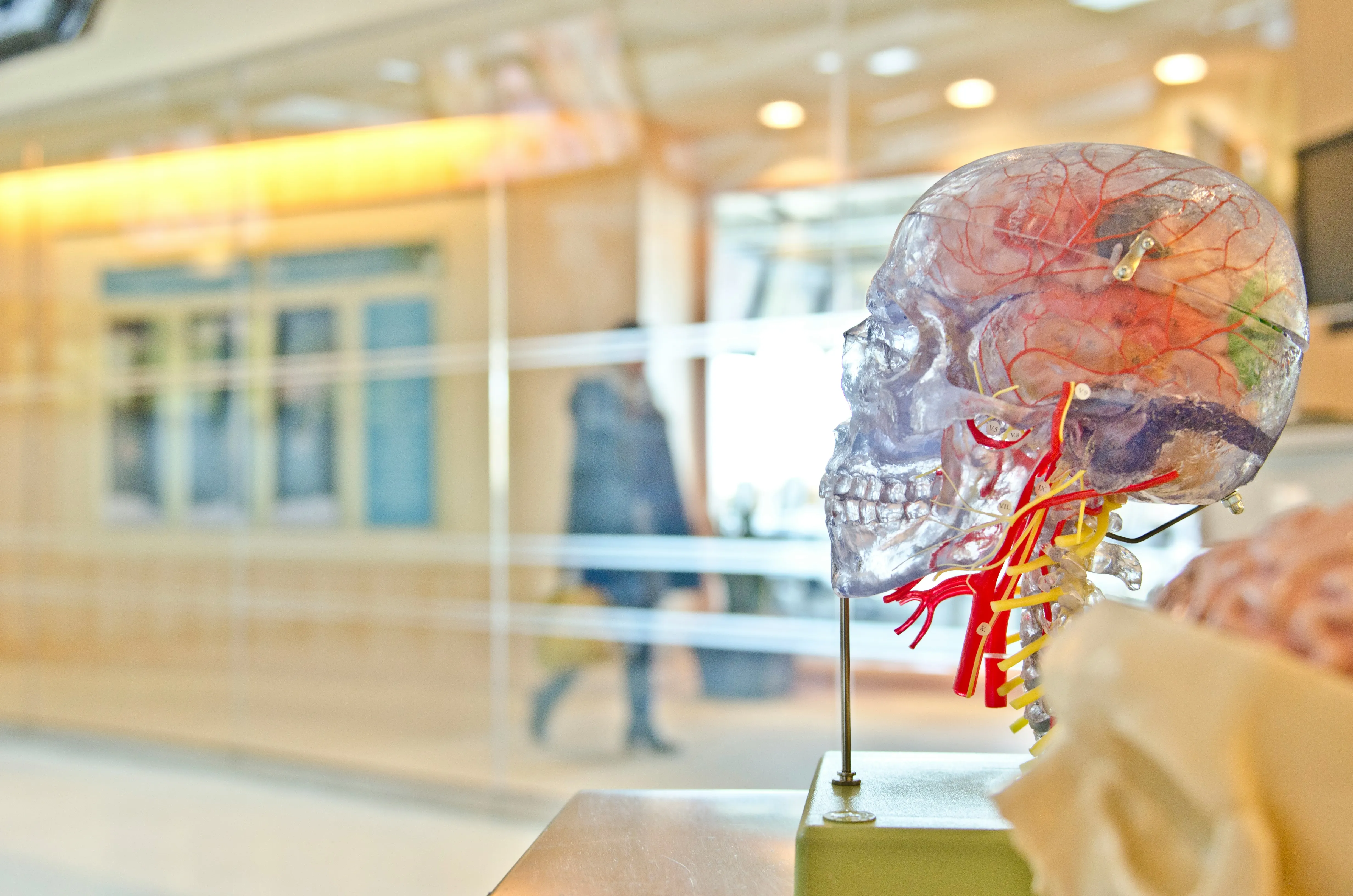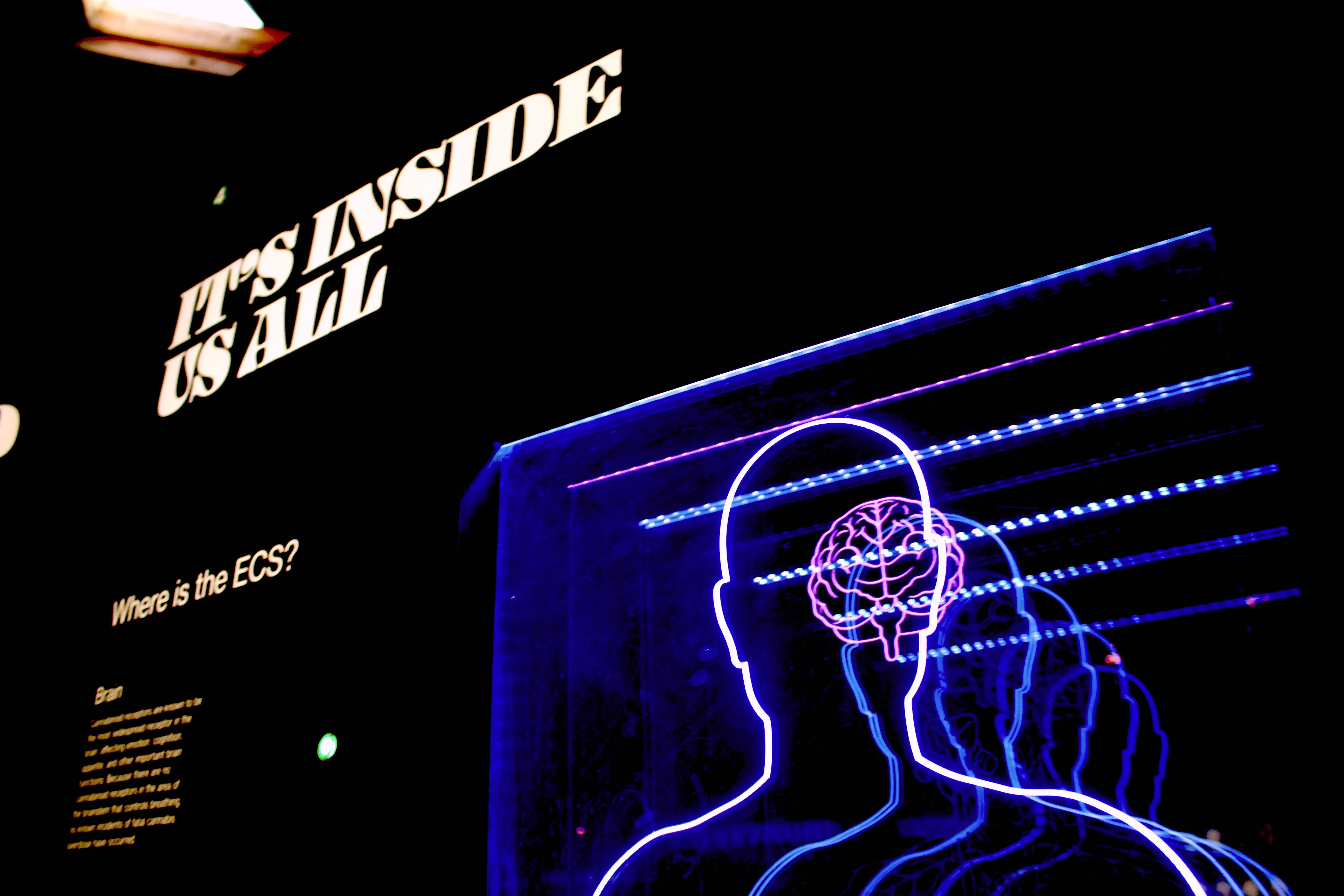The Ultimate Guide to Brain Health: Tips, Tools, and Breakthroughs
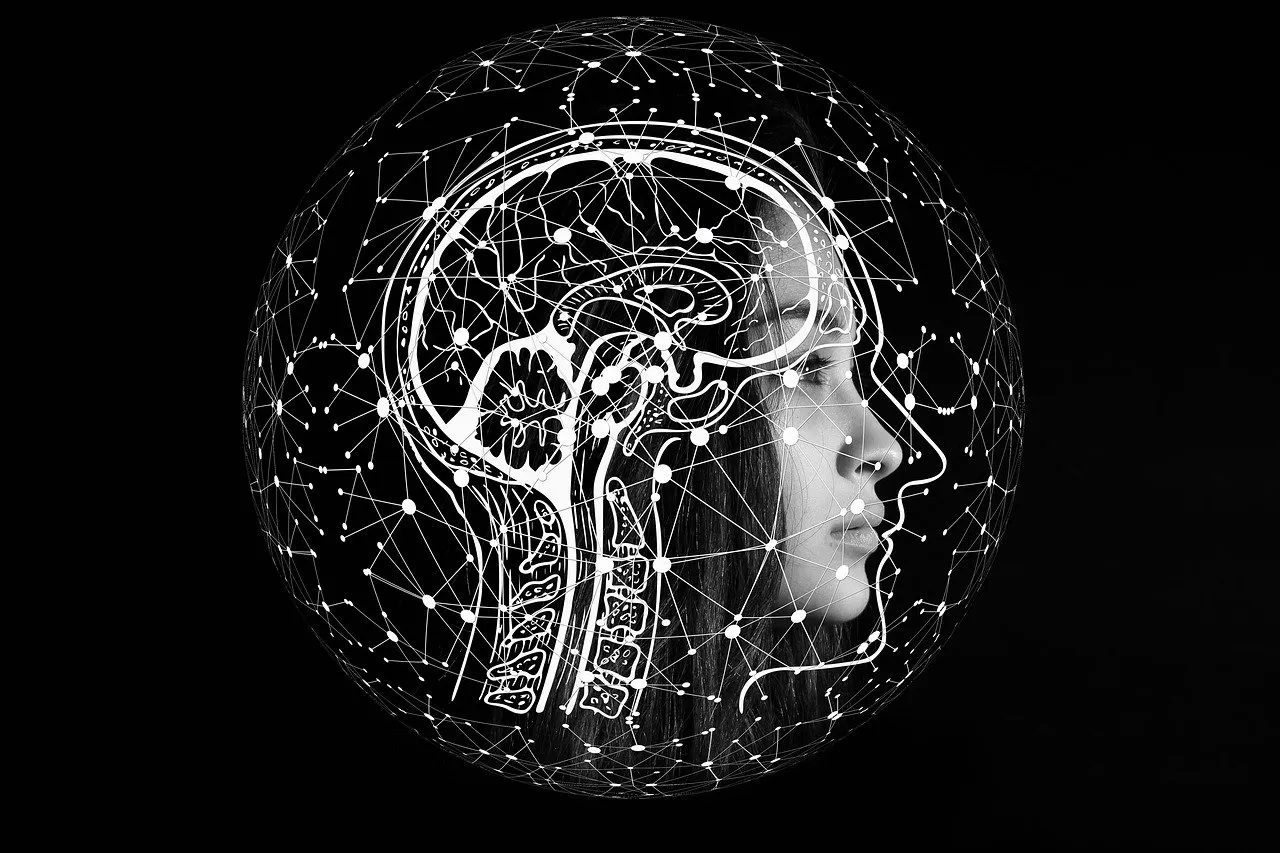
Why Brain Health Is Important
Your brain is the command center of your entire body. It controls your thoughts, emotions, movements, and even the vital functions that keep you alive, like breathing and heartbeat. Maintaining brain health is essential for staying sharp, preventing neurological diseases, and enjoying a high quality of life.
Cognitive decline can affect anyone, especially as they age, but the good news is that there are effective strategies for preserving and even improving brain function at every stage of life. From children to seniors, nutrition to exercise, the science of brain health is evolving fast—and the tools for boosting brain power are more accessible than ever.
Click Here To Discover How To Nurture And Nourish Your Brain For Top Performance In Every Aspect Of Your Life...
How to Improve Brain Health
Improving brain health doesn’t require a complete lifestyle overhaul. Instead, it’s about adopting simple habits that support cognitive function over time. Here are a few essentials:
- Stay Physically Active: Regular exercise improves blood flow to the brain and encourages the growth of new brain cells.
- Eat Brain-Healthy Foods: Antioxidant-rich fruits, omega-3s, and leafy greens are all excellent for cognition.
- Get Enough Sleep: Your brain clears out toxins and consolidates memories while you sleep.
- Manage Stress: Chronic stress can damage the hippocampus, the area responsible for memory and learning.
- Keep Learning: Engaging your brain with new skills or hobbies keeps neural pathways flexible and strong.
Brain Health for Seniors
Aging doesn’t have to mean losing your mental edge. Seniors can maintain strong cognitive function through:
- Regular Mental Activity: Puzzles, reading, and learning new things help stimulate the brain.
- Social Interaction: Staying socially active reduces the risk of cognitive decline and depression.
- Balanced Diets: Nutrient-dense foods rich in antioxidants, B vitamins, and omega-3s help protect against age-related brain changes.
- Routine Exercise: Walking, yoga, or swimming can enhance memory and improve mood.
There are even brain health games for seniors that are tailored to improve memory, attention, and problem-solving in an enjoyable, low-pressure way.
Brain Health for Kids
Children’s brains develop rapidly, making early brain health practices crucial. Support their brain growth through:
- Healthy Nutrition: Omega-3s, whole grains, fruits, and vegetables fuel developing brains.
- Adequate Sleep: Children need more sleep than adults for proper cognitive and emotional development.
- Physical Play: Exercise increases oxygen to the brain and improves focus and behavior.
- Educational Games: Brain health games that promote critical thinking and creativity support learning and problem-solving.
Establishing these habits early sets the foundation for lifelong mental wellness.
Brain Health and Memory
Memory is one of the first cognitive functions to show signs of aging or stress. However, memory can be improved with:
- Repetition and Association: Techniques like mnemonics and visualization enhance retention.
- Mindfulness Meditation: This reduces stress and improves memory recall.
- Regular Sleep Patterns: Sleep is crucial for memory consolidation.
- Supplements: Some people benefit from brain health supplements like Ginkgo biloba, bacopa monnieri, or omega-3s.
Click Here To Discover How To Nurture And Nourish Your Brain For Top Performance In Every Aspect Of Your Life...
Brain Health and Exercise
Exercise is a proven powerhouse for the brain. Aerobic exercise increases the size of the hippocampus, the brain area involved in learning and memory. Exercise:
- Boosts mood through dopamine and serotonin production
- Improves focus and energy
- Enhances neuroplasticity—the brain's ability to adapt and form new connections
Even 30 minutes a day of walking, dancing, or biking can yield real cognitive benefits.
Brain Health and Diet
What you eat directly affects how your brain functions. A brain health diet includes:
- Omega-3 Fatty Acids: Found in fatty fish, walnuts, and flaxseed, they reduce inflammation and support brain cell structure.
- Antioxidants: Berries, dark chocolate, and leafy greens protect brain cells from damage.
- Whole Grains: They provide steady energy for optimal concentration.
- Brain Health Mushrooms: Lion's mane, reishi, and cordyceps have been studied for their neuroprotective effects.
Don’t forget hydration! Dehydration can lead to fatigue, poor concentration, and even memory problems.
Brain Health vs. Mental Health
While brain health and mental health are related, they are not the same:
- Brain Health refers to the physical and cognitive functioning of the brain—memory, learning, problem-solving, etc.
- Mental Health relates to emotional, psychological, and social well-being.
Good brain health supports mental health, and vice versa. Cognitive decline can worsen anxiety or depression, while mental health issues can impact memory and focus.
Brain Health Assessment and Tools
Websites like BrainHealthAssessment.com offer free tools to help you evaluate your cognitive health. These assessments often include memory tests, reaction time tracking, and cognitive flexibility exercises.
These tools are especially useful for early detection of conditions like Alzheimer’s, ADHD, or mild cognitive impairment.
Brain Health Breakthroughs
Recent breakthroughs in brain science include:
- Neurogenesis Research: Studies show that adults can grow new brain cells, particularly through exercise and learning.
- AI in Brain Scanning: Machine learning tools are helping diagnose brain disorders earlier than ever.
- Psychedelic Therapy: Trials with psilocybin and ketamine show promise for treating depression and PTSD by "resetting" neural circuits.
These exciting advances suggest we’re only scratching the surface of brain optimization.
Brain Health Books and Documentaries
Want to dive deeper? Try these:
- Books:
- The Brain That Changes Itself by Norman Doidge
- Spark: The Revolutionary New Science of Exercise and the Brain by John J. Ratey
- How to Change Your Mind by Michael Pollan
- Documentaries:
- The Mind, Explained (Netflix)
- Superhuman: The Invisible Made Visible
- Limitless with Chris Hemsworth (Disney+), which dives into aging and brain endurance
Click Here To Discover How To Nurture And Nourish Your Brain For Top Performance In Every Aspect Of Your Life...
Brain Health Exercises and Games
Brain training can be fun and effective. Some popular options include:
- Lumosity: Science-based games designed to improve memory, attention, and flexibility
- Sudoku, Chess, Crossword Puzzles: Classic games that challenge logic and reasoning
- Dual N-Back Training: Proven to improve working memory and fluid intelligence
Try combining mental exercises with physical ones—like learning dance steps or playing catch—to maximize cognitive benefits.
Brain Health Habits and Lifestyle
Consistency is key when it comes to brain health. Here are powerful daily habits:
- Wake up and go to bed at the same time
- Stay socially connected
- Learn something new every week
- Limit alcohol and avoid smoking
- Take digital breaks to avoid cognitive fatigue
The Brain Health Initiative
The Brain Health Initiative is a global effort focused on promoting cognitive wellness across all ages. Their work supports community engagement, research, and education around neuroplasticity, lifestyle medicine, and mental performance.
Brain Health Juices and Recipes
Looking for a tasty boost? Try this Brain Health Juice Recipe:
Blueberry Beet Brain Booster:
- 1/2 cup blueberries
- 1/2 small beet, peeled
- 1 apple
- 1 tbsp chia seeds
- 1/2 cup water or coconut water Blend all ingredients and enjoy a brain-friendly beverage loaded with antioxidants and omega-3s.
Click Here To Discover How To Nurture And Nourish Your Brain For Top Performance In Every Aspect Of Your Life...
Brain Health Supplements and Medicine
Supplements can fill in dietary gaps. Some of the most researched options include:
- Omega-3 Fish Oil: Supports memory and reduces inflammation
- Ginkgo Biloba: Improves blood flow to the brain
- Bacopa Monnieri: Supports memory and cognitive speed
- Lion’s Mane Mushroom: May enhance nerve growth factor (NGF) production
Always consult a healthcare professional before starting a supplement regimen.
Brain Health Tips and Therapy
- Tip: Practice gratitude—it boosts mental health and brain activity.
- Tip: Avoid multitasking—it decreases efficiency and increases stress.
- Tip: Get natural sunlight—it helps regulate your circadian rhythm.
Brain health therapy may involve cognitive behavioral therapy, neurofeedback, or occupational therapy depending on your needs. Therapy can help address trauma, stress, or brain injuries that interfere with optimal cognition.
Food Supplements and Omega-3s
Omega-3s are among the most powerful food supplements for brain health. Found in fish oil, flaxseed, and algae-based products, they improve memory, focus, and even mood.
Combined with a balanced diet, adequate hydration, and regular movement, food supplements can help you optimize your brain for long-term health.
Final Thoughts
Your brain is the most complex organ in your body—and taking care of it is one of the smartest things you can do. Whether you're a parent helping a child build strong learning habits, a senior wanting to stay sharp, or just someone seeking more focus and clarity, brain health matters.
Thanks to modern science, we have more resources than ever—from supplements and books to digital tools and training games. Start small, stay consistent, and your brain will thank you for years to come.
Click Here To Discover How To Nurture And Nourish Your Brain For Top Performance In Every Aspect Of Your Life...
